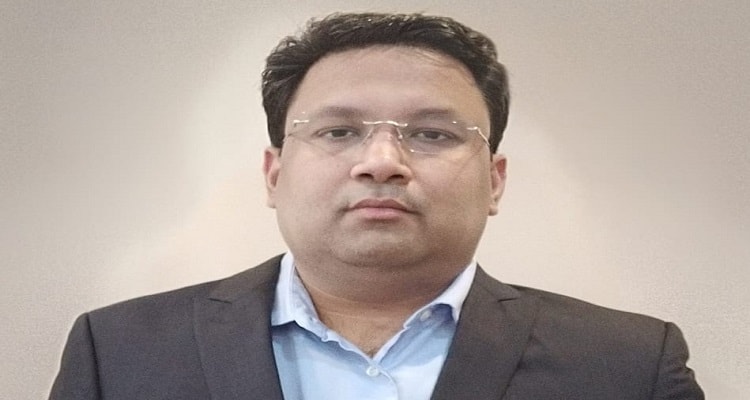Amar Dani, founder and CEO, Shubu.ai, takes a deeper look into the ways in which speech-to-text technology promises to change the future of healthcare forever
While not taking centre stage in the healthcare industry, technology is definitely intrinsic enough to the process that it becomes difficult to imagine the world of healthcare without it. From the ultrasound machines, one might see at the very first stage of consulting a doctor to the many complex machines and technologies that are involved in countless medical processes such as lab tests, surgical procedures, etc.
Technology has not always been at the forefront of healthcare. Nevertheless, what about technology that is hidden even deeper? What about technology that is actually redefining the nature of healthcare efficiency at this very moment and shaping the future of healthcare for the better?
If one starts exploring all the various avenues for future healthcare technology, one strong example that definitely comes across is “speech-to-text” technology. As the name suggests, this technology involves converting what a person is saying into text format in real time. And when it comes to doctors and other healthcare professionals, just this technology alone could mean hours saved writing prescriptions, patient reports, and other forms of documentation that have conventionally been done using pen and paper. But that’s just scratching the surface. Let’s take a deeper look into the ways in which speech-to-text technology promises to change the future of healthcare forever:
Reducing paperwork: Perhaps, the most obvious point in this discussion, the use of speech-to-text technology can greatly reduce paperwork, especially when it comes to things like patient prescriptions, reports and daily documentation of any other nature.
Better patient care: Of course, it goes without saying that having the means to work more efficiently on a day-to-day basis will lend itself to allocation of both time and resources towards better care of the patients. Using Electronic Health Records (EHRs) and Electronic Medical Records (EMRs), medical professionals can track patient progress in real-time and provide/modify their diagnosis accordingly, instead of always having to turn to lab tests and waiting much longer for those results.
Reduce medico-legal issues: Another area where speech-to-text technology can be helpful is medico-legal, i.e., legal cases which require medical expertise, or maybe even legal cases involving medical professionals themselves. In this case, such technology can lend itself to more accurate and timely documentation of events, keeping in mind to accommodate both medical and legal jargon wherever necessary. Also, since professions from both the medical and the law are involved, speech to text makes sure that nothing is lost in translation or phrasing, since the documentation can now be done directly by professionals from these fields themselves.
Increase the number of patients: Don’t worry, this technology has no such side effects that would call for someone needing to visit a doctor at all. However, it will help doctors, especially the ones working on a smaller scale (such as having their own practice) to be able to treat a larger number of patients since time, effort and resources can be saved on documentation and creating a filing system for it, since all of it is now digital.
Conserving human resources: What would you rather have? Two people where one is looking after the patient and one is looking after their paperwork, or two people, both looking after the patient? With the use of text-to-speech technology, human resources can be reallocated to better use such as patient care, being medical assistants at a lab, etc. This also ensures that the people involved are more qualified individuals, thus increasing the level of professionalism and credibility of any medical hospital/institute.
Standardisation of healthcare documents: Finally, there is the result. What will using this speech-to-text technology actually result in? Being able to use digital technology to help day-to-day operations, transition from the physical to the digital, will, in the long-term, make things more efficient. Moreover, when it comes to healthcare, what that means is that there will now be a greater degree of standardisation of healthcare documents. This means everything from similar fonts to uniform formats of writing same, or even similar, healthcare documents. This will, in turn, make all this information much more accessible to most, if not all, medical professionals working in a single organisation. Not only that, it might also help create a common data pool of all this medical information which is centralised and open to be understood by doctors and other healthcare professionals, even if they belong to different departments/specialties.
Greater efficiency, better patient care and optimisation of every type of resource on all fronts, that’s what speech-to-text technology promises to the healthcare industry.
- Advertisement -


